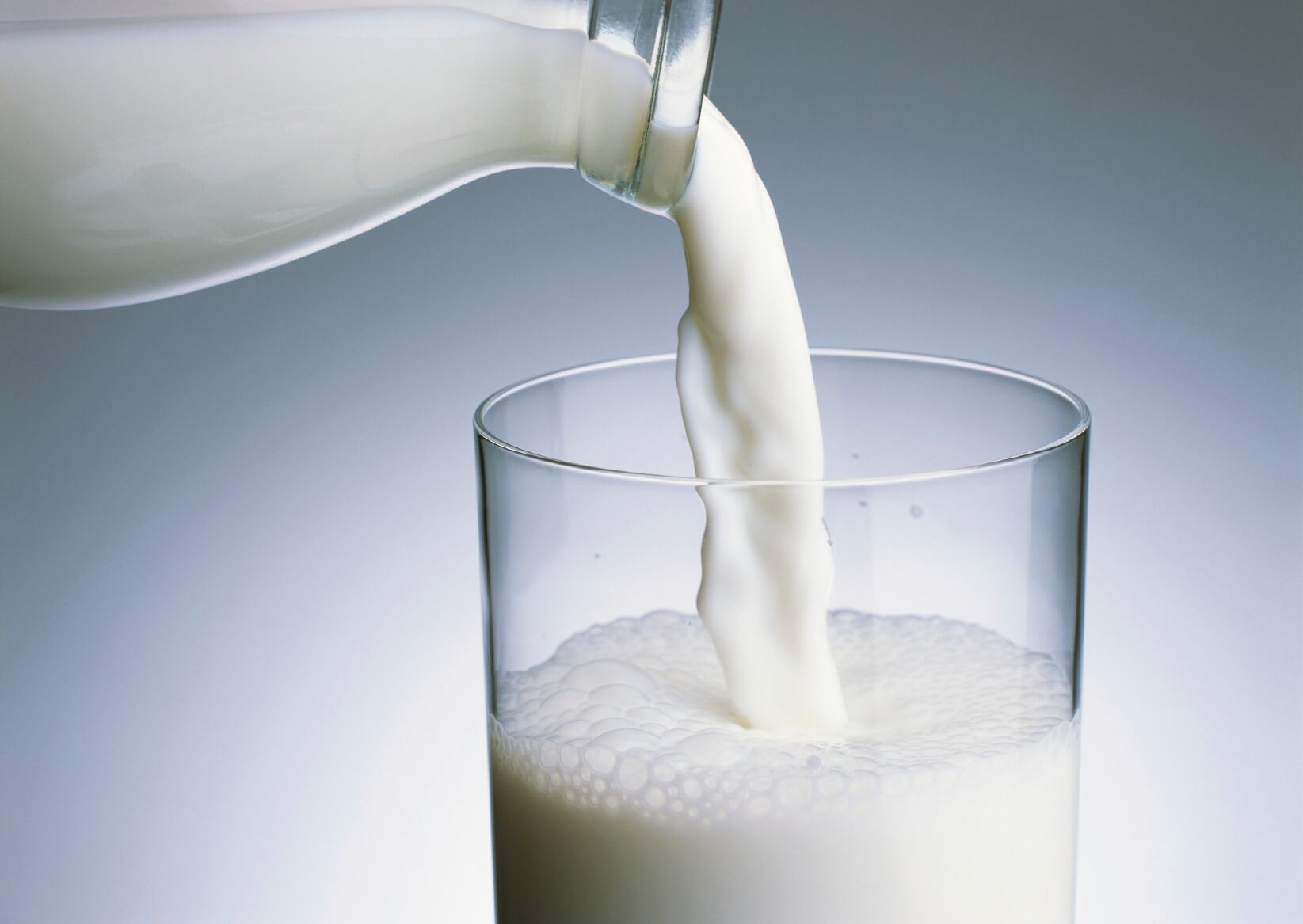Scientists from Florida State University report that the addition of milk protein supplements to the combined exercise training resulted in significant reductions in systolic blood pressure measured at the brachial artery in the arm and the aorta, compared to values at the start of the study and the control (exercise only) group.
Indeed, whey and casein supplements were associated with decreases in brachial systolic blood pressure of about 5 mmHg, and reduction in aortic systolic blood pressure of 7 and 6mm Hg, respectively, according to findings published in the American Journal of Hypertension.
“The benefit of dairy products on brachial systolic blood pressure is well known,” wrote the researchers, “and thus, use of dairy products may be an additional approach for the prevention or treatment of hypertension. This benefit has been attributed to the major nutrients provided in dairy products, including protein (whey and casein) and calcium.
They add that aortic blood pressure, rather than brachial blood pressure, is considered a better predictor of the cardiovascular benefits produced by antihypertensive interventions.
“To our knowledge, our study is the first to demonstrate reductions in aortic systolic blood pressure with both milk proteins. Because aortic blood pressure negatively affects left ventricular function more than brachial blood pressure, our findings may be clinically relevant.”
A unique role for dairy proteins
The study's findings were welcomed by Greg Miller, PhD, President of the Dairy Research Institute and Executive VP of the National Dairy Council. Dr Miller told us: "This study examined the combined effect of exercise training and dairy protein supplementation (either whey or casein) on measures of blood pressure and vascular function in young obese women. All participants participated in exercise training and consumed either whey, casein or non-protein control.
"The whey and casein conditions resulted in significant improvements in systolic blood pressure and vascular function. No changes for the control group. Exercise without protein had no effect, indicating a unique role for dairy proteins. Results are consistent with previous studies showing dairy proteins have a favorable effect on blood pressure and vascular function."
Study details
Led by Arturo Figueroa, PhD, the researchers recruited 33 obese and sedentary women with an average age of 30 to participate in their randomized control trial. The women were randomly assigned to one of three groups, all of which performed moderate combined exercise training (CET) three times per week. The first group received a daily 30 gram dose of whey protein, the second group received 30 grams per day of casein, and the third received a control carbohydrate (maltodextrin) for four weeks.

Results showed that, in addition to the benefits of whey and casein supplements to reduce both brachial and aortic blood pressure, significant improvements in arterial stiffness were recorded, as measured by brachial–ankle pulse wave velocity (baPWV).
While the potential mechanisms of action for milk proteins to improve cardiovascular health are not clear, the researchers did note that casein- and whey-derived tripeptides have been reported to improve blood pressure by inhibiting the action of angiotensin-converting enzyme (ACE), and increasing nitric oxide–mediated blood vessel relaxation (vasodilation). ACE inhibitors work by inhibiting the conversion of angiotensin I to the potent vasoconstrictor, angiotensin II, thereby improving blood flow and blood pressure.
“This study demonstrated for the first time that whey and casein supplementation combined with CET resulted in favorable effects on aortic systolic blood pressure, wave reflection, and arterial stiffness in young obese women with prehypertension and hypertension,” wrote the researchers. “Although short-term, high-intensity CET increased muscle strength, it did not have additional beneficial effects on blood pressure and arterial function.”
Source: American Journal of Hypertension
March 2014, Volume 27, number 3, Pages 338-344, doi: 10.1093/ajh/hpt224
“Effects of milk proteins and combined exercise training on aortic hemodynamics and arterial stiffness in young obese women with high blood pressure”
Authors: A. Figueroa, A. Wong, A. Kinsey, R. Kalfon, W. Eddy, M.J. Ormsbee
